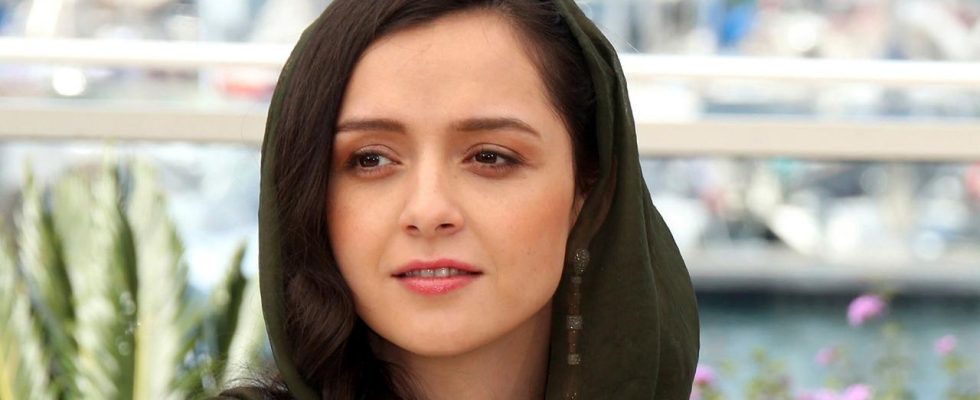Numerous actresses are no longer allowed to work in Iran because they did not wear their headscarves correctly. They publicly expressed their solidarity with the dissident protests following the death of Jina Masha Amini.
Numerous actresses in Iran have been banned from working. They violated Islamic dress codes, the newspaper “Hamshahri” reported. More than ten women are now banned from appearing in new films. Among those affected are the Iranian film stars Tareneh Alidoosti, Afsaneh Bajegan and Katajun Riahi.
Iran’s Minister of Culture and Islamic Guidance defended the work ban. Wearing a headscarf is a legal obligation, said Mohammed-Mehdi Esmaeili, according to a report by the Tasnim news agency. The ministry also controls the film scene, grants permits or issues bans.
Solidarization with critical of the regime protests
In the wake of the wave of protests in Iran, which began in autumn 2022, several actresses found themselves in the crosshairs of the judiciary because they had publicly expressed solidarity with the movement, for example on their Instagram accounts. Alidoosti and Riahi, for example, have since been imprisoned. Proceedings are also underway against other filmmakers.
The protests were triggered by the death of the young Iranian Kurdish woman Jina Mahsa Amini. She was violently arrested by morality watchdogs because of an allegedly ill-fitting headscarf, fell into a coma and died just a few days later. Since then, many women have ignored the obligation to wear a headscarf.
New headscarf law is controversial
In response to the protests, the clerical and political leadership passed a new headscarf law. But the Guardian Council, the control body that includes conservative Islamic clerics, has blocked the penal reform for the time being.
In its most recent version, the reform provides for harsh penalties for violating Islamic dress codes. These include fines for multiple violations. In extreme cases, up to 15 years in prison and the equivalent of more than 5,000 euros can be imposed. Foreigners could be expelled from the country.
The headscarf requirement has been the law for more than 40 years in the country, which now has a population of almost 90 million. Duty is considered one of the ideological pillars of the Islamic Republic.

